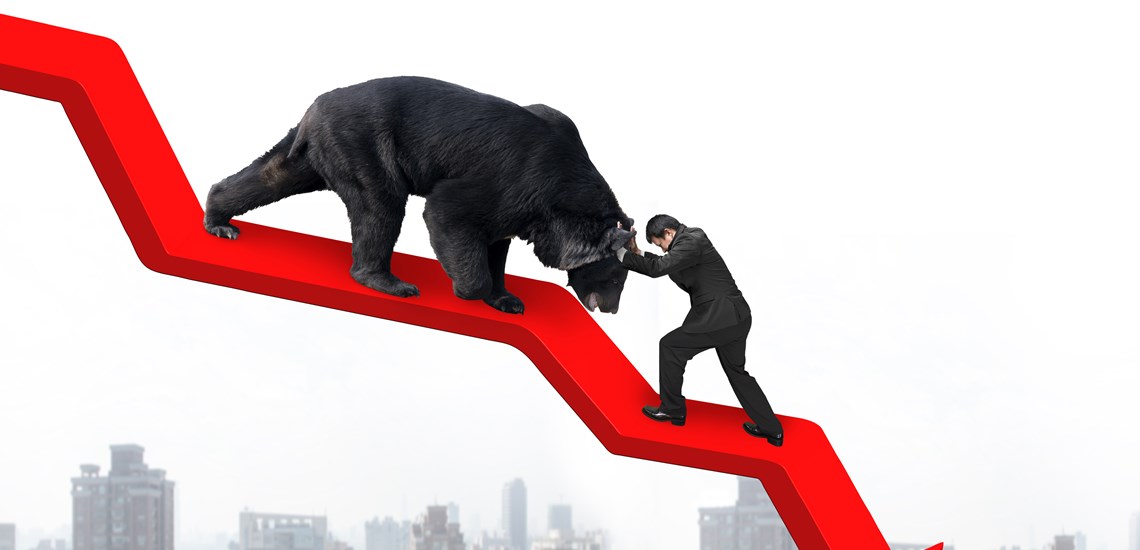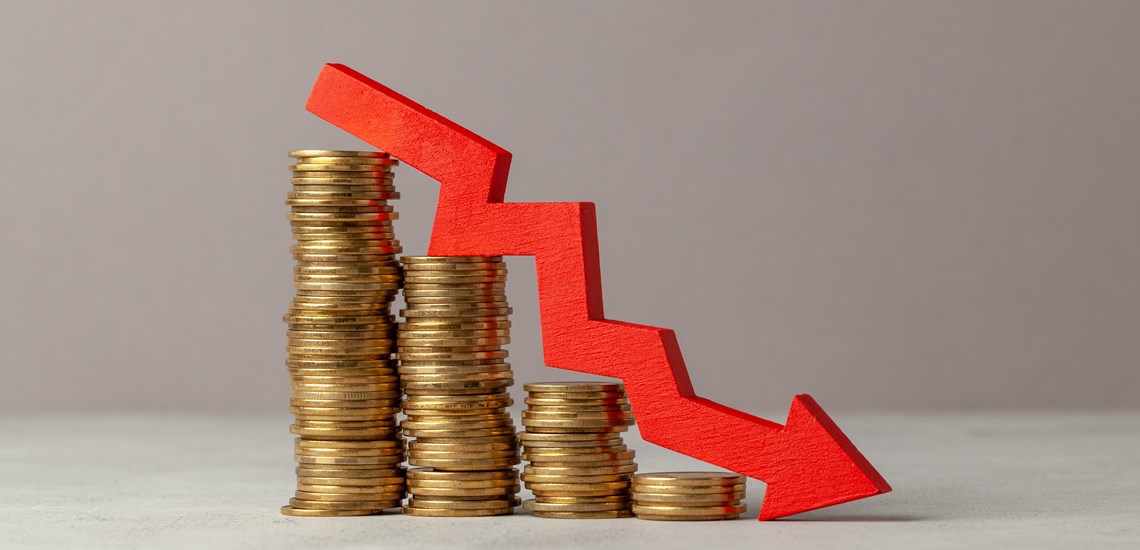Many investors, especially those in retirement, have a rational preference for investments that provide dividends and income at higher rates than a market portfolio of stocks or both stocks and bonds. All else being equal, many retirees prefer to live off the income generated by their portfolio rather than worrying about the timing and pricing of stock or bond sales...
Blog
Income Investing Done Right
Why International Exposures Still Have a Key Place in an Optimized Portfolio
In spite of high inflation, political gridlock and persistent supply chain issues, the US continues to see strong performance relative to other international markets. In this article, we attempt to elucidate why international exposures should still be part of an optimized portfolio, how international and emerging markets differ in make-up from US markets, and how factors such a ...

Bear with It!
Key Takeaways: Historical one year returns after bear market events are higher on average compared to overall market history. Market volatility during the year following a bear market event is higher, and uncertainty of the 1-year return is also higher. For long-term investors, staying invested during a bear market rather than acting on the worst possible outcomes can be a ...
Weighing in on Investors' Concerns
Despite perceptions of a booming economy with strong consumer demand and low unemployment, U.S. Gross Domestic Product (GDP) reported a surprise contraction in the first quarter of 2022. High inflation is forcing the Federal Reserve to rapidly raise rates ushering in a new, higher, interest rate environment and causing a volatile market with loss of asset values. In light of t ...
Note to Investors - Volatility: Russia and Ukraine
Many have been concerned about recent heightened volatility in US markets. Indeed, the CBOE Volatility Index (VIX) attained a high of 38.94 on Monday, January 24, 2022, a level not seen since October of 2020, and US indices had extreme intra-day movement on several days during the same week. Some of this volatility may be driven by anticipation of rising interest rates, but int ...

Any Time is the Right Time to Start Investing
Due to the fluctuating nature of the economy, present market conditions can prompt investors to wait for a better time to invest, theorizing that waiting until after an economic downturn – whether a recession, government shutdown, or pandemic – will ensure greater return on investment. In reality, waiting for a favorable market scenario leaves investors at a disadvantage compar ...

Global Yields: Framing Today’s Low Yield in a Global and Historical Context
The Fed potentially winding down fiscal stimulus raises the question of whether current interest rates are sustainable. But investors have been concerned whether interest rates were too low for more than a decade. Seven years ago, in response to continued concern over the viability of investing in bonds, I made a case that rates in the US did not have to go up given the existin ...

Is Asset Allocation The Single Most Important Investment Decision?
The proper implementation of asset allocation, and the correct application of its processes has been a concern for investment practitioners since the founding of modern portfolio theory by Harry Markowitz in 1952. As part of New Frontier’s legacy of investment research in daily practice, Dr. Richard Michaud will deliver a series of presentations on “Rethinking Asset Allocation” ...

Cryptocurrency: Too Volatile for Your Pension
With recent remarks by SEC chair Gary Gensler asserting the position that the U.S. will seek more regulatory authority over the burgeoning digital currency space, we at New Frontier thought it important to review for advisors our reasoning for why Bitcoin and other cryptocurrencies do not meet New Frontier’s criteria for inclusion in risk-managed accounts. Since inception of ...

A Bigger Bite: How New Frontier’s Optimization Process Accounts for Rising Inflation
With U.S. consumer prices reaching a 13-year high this quarter, inflation has once again become a prominent theme for economists, and a daily reality for consumers. To share an anecdote on the potential transitory nature of inflation, one of the surprises on returning to the office post-pandemic was the price of my favorite sandwich—it had risen by nearly 50% in less than 18 m ...